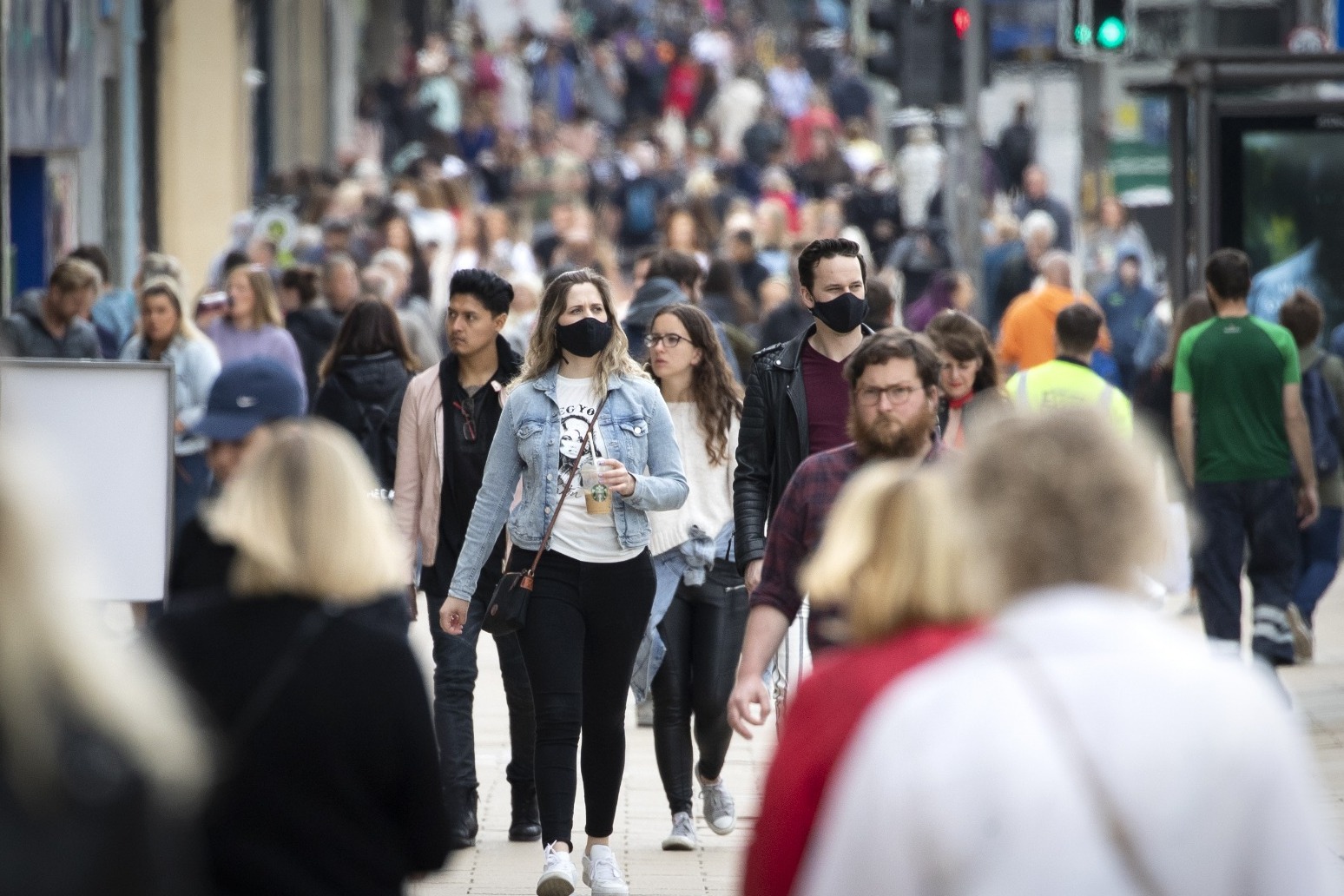
Consumer confidence ‘severely depressed’ amid soaring food and fuel prices
Consumer confidence remains “severely depressed” as households grapple with soaring food and fuel prices, a survey shows.
GfK’s long-running Consumer Confidence Index languished at a historic low of minus 41 in July, despite a two-point uptick in hopes for personal finances over the next 12 months.
Confidence in the general economic situation over the last 12 months fell one point to minus 66, 23 points lower than July last year, but expectations for the coming 12 months remained at minus 57, 52 points lower than 12 months ago.
The Major Purchase Index, a measure of confidence in buying big ticket items, rose one point to minus 34, 36 points lower than this month last year.
Joe Staton, client strategy director at GfK, said: “Consumer confidence remains severely depressed this month as the impact of soaring food and fuel prices and rising interest rates continues to darken the financial mood of the nation.
“Despite a two-point uptick in our hopes for our personal financial situation for the next 12 months, which might reflect optimism over imminent change at the top of the UK Government, the overall index languishes at a historic low amid acute concerns for the general economic situation.
“Against this financial backdrop, the UK electorate is looking for a new leadership with a commitment to unleashing growth, tackling inflation and cutting taxation. The successful candidate will need to deliver a much-needed shot in the economic arm of the country if they are to help improve consumer confidence.”
Meanwhile, Deloitte separately found the rising cost of living has driven consumer confidence below the previous record set during the lockdown of March 2020 to an all-time low.
Rising inflation forced Deloitte’s latest Consumer Tracker, compiled immediately following the UK’s interest rate rise to 1.25%, to minus 19% in the second quarter, with consumers most pessimistic about their household disposable income.
Additionally, 62% of consumers are now spending more, compared to 49% this time last year. Of these, 86% say their increased spending is specifically due to higher prices.
Adjusted for the whole population, it means the rising cost of living is now driving greater expenditure for more than half (53%) of all UK consumers.
Sentiment around the state of the economy fell to minus 83%, the lowest level since the start of the Covid-19 pandemic, when the measure hit an all-time low of minus 88%.
Celine Fenech, consumer insight lead at Deloitte, said: “With inflation going up faster than average earnings, there are now more consumers feeling the cost-of-living pinch than not. In a sign of the times, the biggest jump in spend this quarter is on energy and housing costs, including rent and mortgages.
“The current situation means consumers are significantly changing their spending behaviours to adapt. This might be by simply buying less, switching to cheaper brands or stores, and postponing major purchases. Some are also seeing an opportunity in reselling and purchasing second-hand goods.”
Simon Oaten, partner for hospitality and leisure at Deloitte, said: “The return of summer events, many for the first time in three years, has met pent-up demand amongst leisure consumers. From full-capacity weddings, to cricket and live music, consumers have clearly enjoyed a return to a ‘normal’ summer schedule, aided in many instances with good weather.
“However, the outlook for the next quarter is less sunny, with consumers indicating that they will be reducing their spending across every leisure category.
“Until then, many continue to book long-awaited holidays and hotel stays, both abroad and in the UK. The speed of recovery may be hindered by further disruption in the UK’s transport network.”
Published: by Radio NewsHub